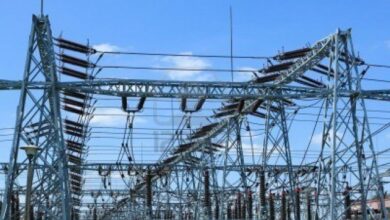Finance Minister: Nigeria Could Borrow More, Ignores Debt


The Minister of Finance, Budget and National Planning, Zainab Ahmed, recently noted that Nigeria still has headroom for more debts as the country’s debt to GDP ratio is only 23%, adding that government borrowing is sensible and responsible. This statement was made by the minister while addressing newsmen on Nigeria’s Q2 2021 GDP growth performance.
“While Nigeria’s debt to GDP may be low at 23% compared the African continent average of 60-65%, a more important metric which calls for worry is Nigeria’s debt servicing expenditure to total revenues. Recently, computation by analysts have shown that Nigeria’s debt-to-revenue ratio reached a high of 111% in 2021”.
Data from the National Bureau of Statistics (NBS) recently published show that Nigeria had a real GDP growth rate of 5.01% in Q2 2021.
According to The Minister of Finance, Nigeria’s borrowing has been used by the government to invest in critical infrastructure like power, water, roads and rails required to enhance business productivity in the country.
Also Read: Round and Round the Economic Garden
“We are at 23% despite the escalated borrowing we had to deal with in 2020 and also in 2021 to get a good grip on the economic situation that was occasioned by COVID-19 pandemic and in our case due to the crash in crude oil price.
While Nigeria’s debt to GDP may be low at 23% compared the African continent average of 60-65%, a more important metric which calls for worry is Nigeria’s debt servicing expenditure to total revenues.
Recently, computation by analysts have shown that Nigeria’s debt-to-revenue ratio reached a high of 111% in 2021. This is significantly higher than the country’s five-year average of 60.0%, which rose to 82.9% in 2020.
Also Read: Nigeria’s spiralling debt burden
A high debt to revenue means that Nigeria’s government has little revenue left after it pays interests on its debts. This will continue to force the government to take on more debts to meets its capital expenditure and the running costs of operations.
The Nigerian government has to reduce budget deficits and reform the economy so it can generate higher revenues. Sentiments about the unsustainability of the country’s debts will be a deterrent to the investment required to kindle economic growth.







